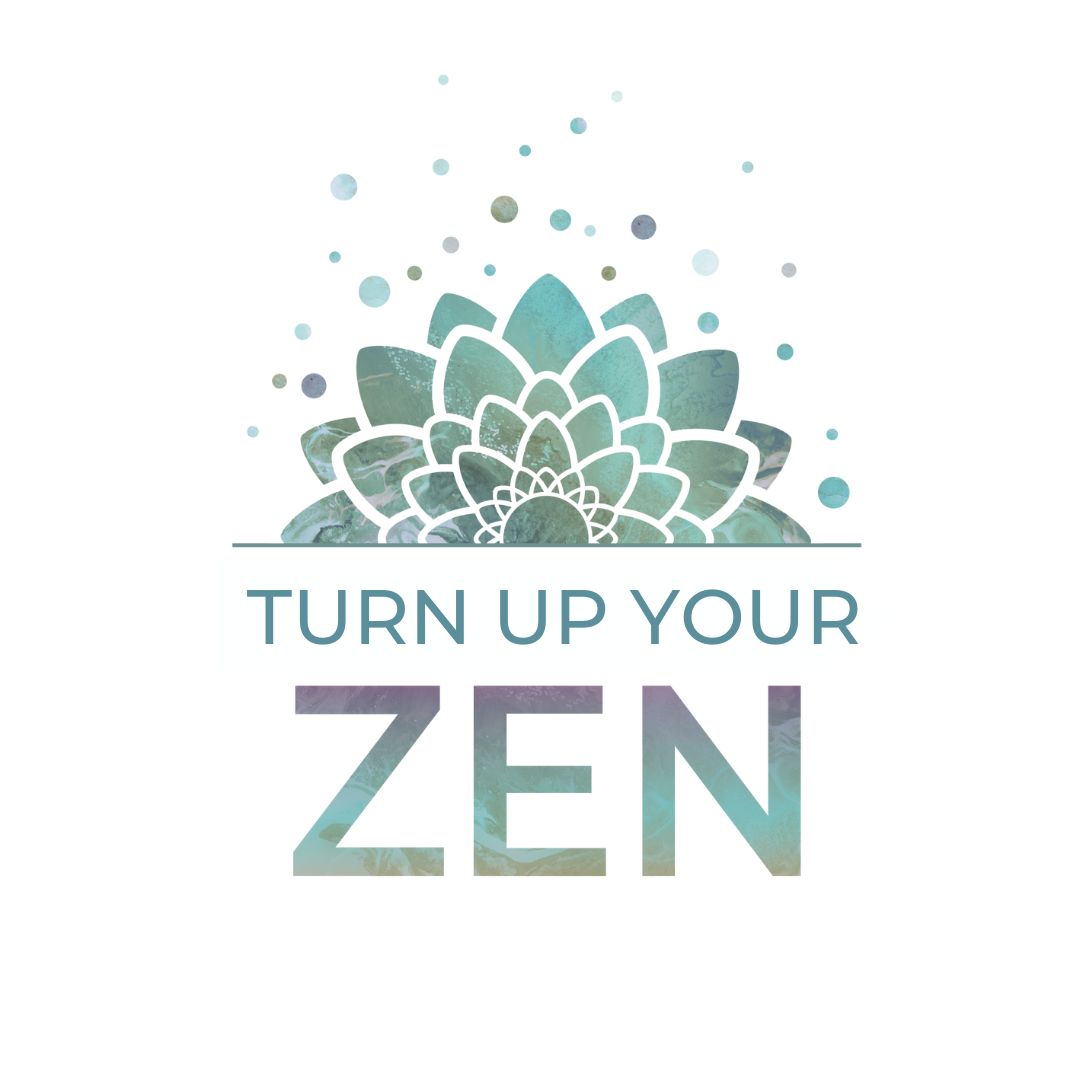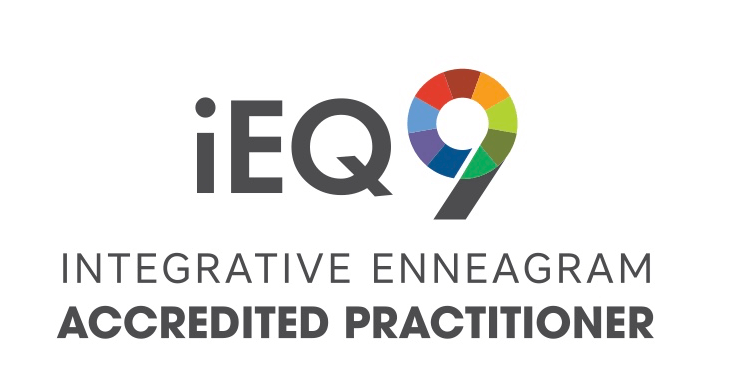Learn to relax your body and quieten your mind with meditation
In-person (North Shore, Sydney) and online Meditation classes & courses for teens, young adults and men and women of all ages to help reduce stress, sleep better, be present and less reactive.
The purpose of meditation.
For thousands of years meditation was reserved for an elite few seeking spiritual enlightenment, but today, meditation is scientifically recognised as a highly effective practice for dealing with stressful situations by relaxing the body and the mind. It is seen as a mind-body medicine to enhance wellbeing. Meditation has no religious implications and it can be practised by anyone, anywhere, at any time.
Contrary to many things we choose to do in our lives, meditation isn’t practised with any goal in mind, but practitioners of meditation find that they experience a sense of calm and reconnection with themselves, their lives and others. Some call this state wellbeing, but it’s also known as self-enlightenment, essence, authentic-self and true nature. Its a state of mental, physical & emotional wellbeing that puts everything into perspective.
The purpose of meditation is not to get good at meditating, it is to get good at life.
Meditation Practices to promote feeling of relaxation and wellbeing.
There are many types of meditation. Here are just a few:
Guided meditation*
includes sensing, visualisation and imagery.
This form of meditation involves being led by a teacher who takes to you to place in your imagination where you can connect with the senses. This form of meditation is very relaxing and rejuvenating.
Mindfulness Meditation*
brings your awareness to the present, letting go past ideas and future anxieties.
It involves letting go of judgement and expectations, inviting curiosity and acceptance for what is here now. This form of meditation invites you into a new way of living in the present moment.
Mantra Meditation*
includes the use of a mantra or phrase which is repeated to focus the mind and synchronise with the breath.
The mantra becomes a guiding thought to refocus the mind and soothe negative thoughts and beliefs.
Emotional Clearing Meditation*
is a form of mindfulness and can also be guided. It includes becoming aware of sensations in the body, including organs, limbs, muscles and emotions.
This form of meditation helps attune to the body, increasing emotional intelligence and emotional regulation.
Moving Meditation
Available at our monthly walking meditation session.
is a form of mindfulness that includes mindfulness walking, Chair Yoga, Tai chi, Yoga, Qi gong. Moving meditation improves focus, concentration, the ability to be present as well as coordination.
It stabilises the mind when it over identifies with thoughts or feelings by balancing the left and right hemispheres of the brain through moving the left and right sides of the body. Moving meditation teaches you to be more present and in the moment.
Breathing Meditation*
focuses the mind on the rhythmic flow of the breath, reminding you that nothing lasts, all things in life come and go.
This form of meditation optimises the breathing process to calm the anxious mind - reducing overwhelm, reactivity, anxiety & panic. It soothes the nervous system and relaxes the body.
Loving Kindness Meditation*
Loving Kindness meditation cultivates feelings of loving kindness and compassion for yourself and others.
This form of meditation helps to reduce criticism and judgement of others, and nurtures empathy for the human condition as in the inevitable difficulties we all have to deal with.
* Taught in our 6-week Learn to meditate course Find Your Zen
Why Meditate?
Not only does meditation help you deal with stress and cultivate feelings of wellbeing, but the benefits continue long after the meditation practice is over, here are just a few of the benefits that come from a regular practice:
Mental Benefits
Emotional Benefits
Scientific research continues to demonstrate the links between stress and disease. Meditation is recognised as a helpful element of an holistic approach to reducing stress and treating health issues, including
Physical Benefits
Meditation & Illness
Meditation is not a replacement for medical treatment, but works as complementary component to a whole person approach to therapy.
Many people choose meditation to prevent illness and disease, as part of their stress reduction self care.
Meditation in the everyday.
Finding the right meditation for you will help you stay with the practice.
The more you practice meditation, the more your thinking changes, your awareness increases, your emotions stabilise, your body changes and your brain rewires itself.
Here are just some of the tangible benefits you can expect to experience after practicing for a while:
Tania saved my life. I was diagnosed with stage 4 breast cancer which led to a full mastectomy. I worked with Tania over several months to reduce my stress, quell my fear and manage the chemo induced nausea. My boys were in Primary school at the time and my biggest fear was that I wouldn’t see them grow up.
Tania mindfully guided me through with mindfulness amongst other things and I have not only been cancer free since, but I have lived to see both my sons graduate from High school.
My life is very different now and I feel indebted to Tania for her expertise, care & support. We were swimming against the odds, but we triumphed and I have no doubt whatsoever the meditation and wellbeing coaching were our secret weapon.
As a GP with diabetes, I was very sceptical of the holistic benefits of meditation, but the numbers don’t lie.
Consistently after my meditation session with Tania my blood glucose levels would be right where I wanted them to be.
I have referred many clients to her over the years and while not everyone of them has shared the same benefits, I’ve noticed that those who put the effort in, do.
Tania is a good teacher who is approachable and real.
Please choose from 3 meditation offerings:
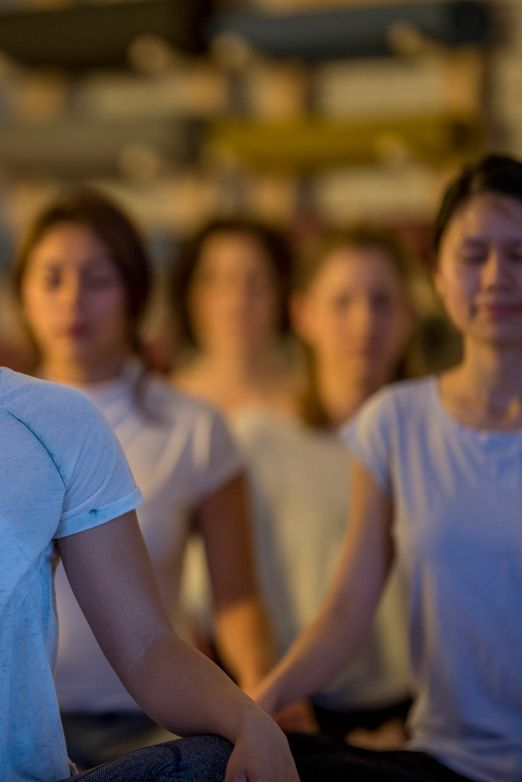

Learn to meditate
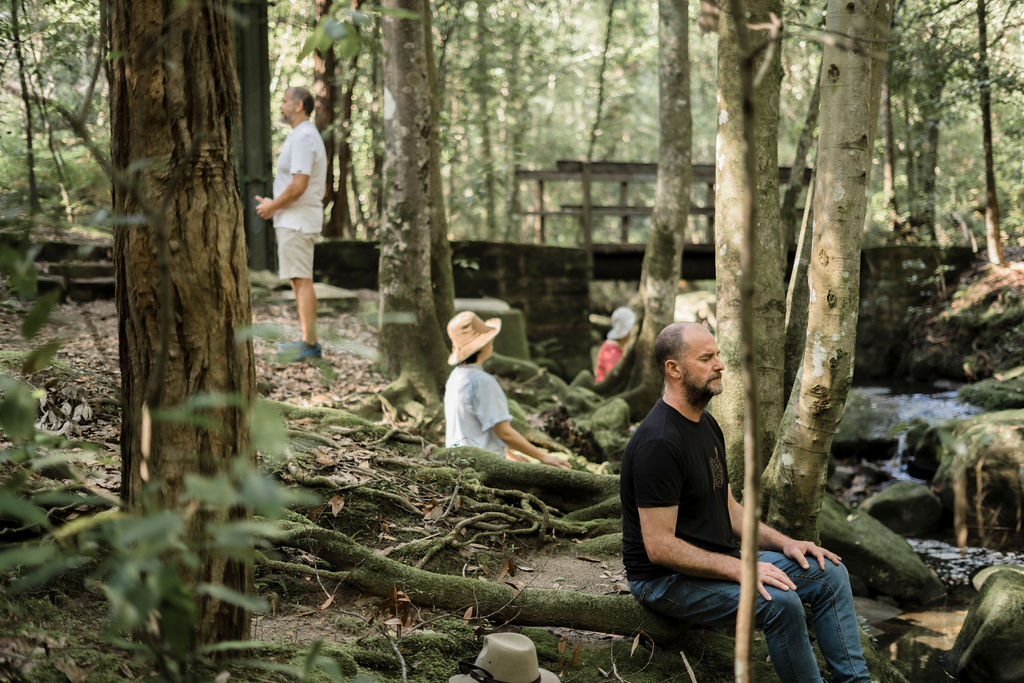

In-person at our next group course
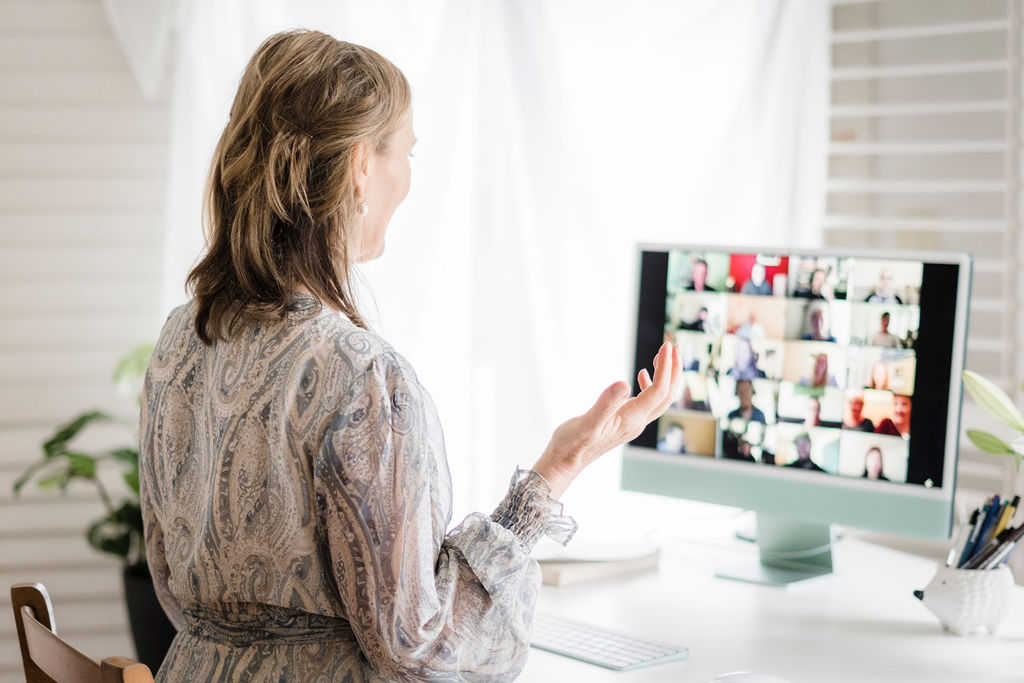

Learn to meditate online at your own pace


Develop your meditation
Monthly Meditation Meetup - Whether you are a graduate of our Find Your Zen course, or you have learned elsewhere, this group is open to anyone with meditation experience who is looking for the support of a experienced teacher to continue developing their practice with a group of like minded people.
We meet at 6pm, on the first Monday of the month at Forsyth Street, Killara,
Already purchased a package log in here.
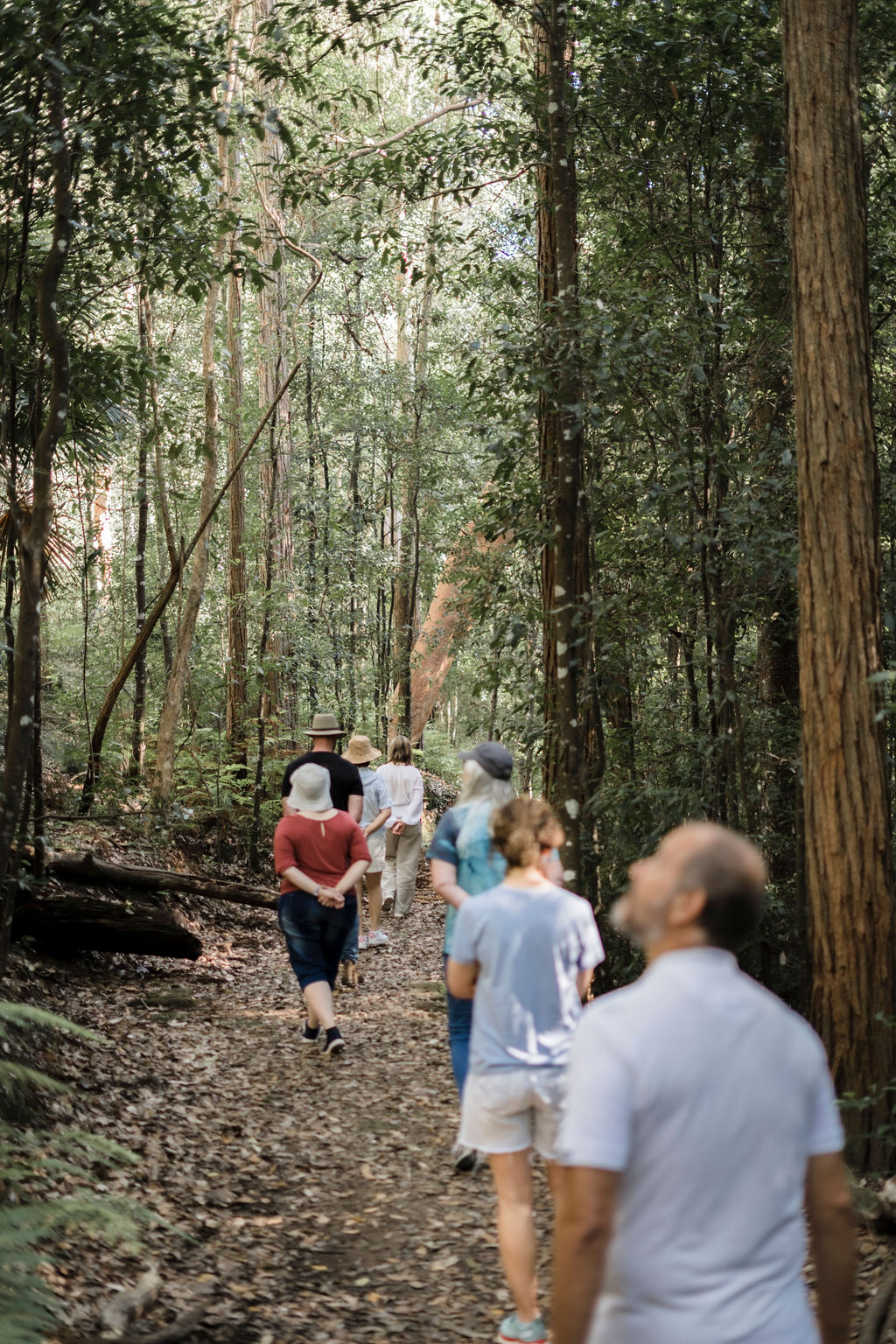

Mindfulness Walks
Sitting still in meditation isn’t for everyone and that’s why we host a moving meditation on the weekend, in the middle of each month, at a location on Sydney’s North Shore.
Bringing together mindfulness and the principles of Shin-rin Yoku (Japanese Forest Bathing), you will experience a meditative walk that quietens the mind and brings the senses alive so you feel calm and connected.
Meditation Coaching - In-Person (Sydney) & Online
3 PACK
AUD$595
3x1 hr one-to-one Meditation Coaching
In-Person | Online
SINGLE SESSION
AUD$225
One-to-one Meditation Coaching
In-Person
Online
7 PACK
AUD$1365
7 x 1hr one-to-one Meditation Coaching
In-Person | Online
Meditation Courses & Classes
MEDITATION CLASSES
Monthly Meditation Meetups
(Experienced Meditators)
(1st Monday of each month 6-7pm - Killara)
FIND YOUR ZEN
Find your Zen - Learn to Meditate Course
In-Person
Online
MEDITATION
Meditation Practice
Mindfulness Walks - Upper North Shore
Sydney
How to meditate
Whilst meditation isn’t focus or concentration, we need to focus the mind.
Here are the basics to get you started:
Social media might have us believe that to meditate you must be sitting on a beach with the sunsetting on the horizon to create the perfect conditions, but the truth is much simpler. As a beginner, find a quiet place with few or no distractions including switching off your mobile phone, laptop, tv, or radio. Let other people in the house know you are meditating, so they can avoid the vacuuming or using the blender while you are meditating. If your pet is a distraction, put them in another room, otherwise they can sit quietly with you.
Create a comfortable base to sit on. Whether you are sitting in a chair, or a cushion on the floor, find from your hips to your shoulders and your ears, so the spine lengthens and the head lifts away from the hips but the shoulders relax down towards them. If you are lying down, feel the support of the bed or floor aligning head, shoulders and hips. Find a balance between lengthening your spine so the front of your upper body is open and your shoulders, neck & back are relaxed. This may feel unnatural to start, but it will get easier.
We have all heard the phrase “just take a deep breath” when we feel stressed, however this tends to over-emphasise the inhale and taking a breath into the chest. Instead, exhale, lingering for just a second longer after your exhale is finished. Observe the inhale as you direct it to the bottom of the ribs and allow the abdomen to expand as the breath comes into the body. As you empty the lungs of the breath, connect with the feeling of releasing, emptying and letting go. This can be extended to letting go of tensions as well as distracting thoughts. Continue this process, allowing the breath to be relaxed, not forced or strain
Whilst meditation isn’t focus or concentration, we need to focus to recondition the mind. The focus of your attention will vary depending on which technique you choose, but the process is the same. Return to that point of focus, be it your breath; the mantra; the place in your body; or the teacher’s voice and where they are drawing your attention to. Repeat. Each time the mind gets distracted, simply come back, again and again. This is meditation.
As you sit and meditate, notice thoughts that arise in response to the process. Some people find themselves feeling bored or restless, whilst others critique their process with thoughts like “am I doing this right?”, “This is hard!”, "I’m not good at this”, or “I’ve got better things to do”. This is all very natural and part of the meditation learning process. Notice those thoughts, but let them fall into the background by not giving them your full attention. Keep coming back to the point of focus. Let go judgement, criticism and expectations, this just adds to your stress. Allow your meditation to be what it is.
